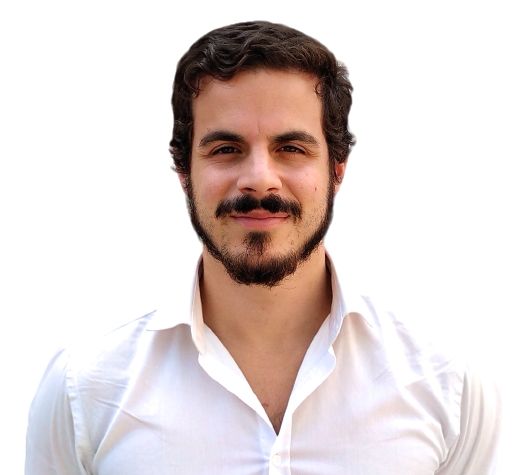Much has been said about Long covid-19, is now better referred to as a group of different conditions that you might call post-coronavirus conditions that can affect up to five people in ten. Despite the uncertainty, a lot of research points to the fact that COVID-19 causes a range of symptoms – fatigue, shortness of breath, depression, lack of concentration, headaches, dizziness – that limit the quality of life of a large number of people and this among these, many long-term symptoms. However, many studies have also shown that COVID-19 increases the risk of many health problems, such as Heart attacks and stroke that it Neurological and psychological diseases that it Autoimmunefor at least one year after infection.
Post-COVID-19 situations and diseases caused by COVID-19 may represent an additional burden on health systems that are already overburdened and facing various demographic challenges and a deficit in attractiveness of health professionals, after the acute phase of the pandemic.
However, this is just one aspect of a larger problem. Medicine deals with individual health and public health deals with collective health, its determinants, and strategic responses. Both must make the diagnosis, the choice of intervention strategies and the evaluation of their results, supported by the scientific method.
Post-outbreak community and public health conditions must be understood before action can be taken. In other words, a transparent public health diagnosis is essential. In an individual diagnosis, the user is asked about their history and tests are performed. In diagnosing public health, we need data from different information systems. Access to this data by health services at various levels and academia is essential for the ability to know what is happening and the ability to intervene, after choosing the best strategies based on the evidence and open discussion with relevant partners, and evaluating the results. This is called health planning.
We have several Long covid social and public health issues, and we only glimpsed a few of them. The issue of HR in the SNS can also be seen as a post-Covid complement, where the departure of professionals in some areas and the attempt to do the same with fewer resources may result in more professionals leaving the NHS. health. But the truth is that this is just a hypothesis. We need a diagnosis that will show us what is happening, at what speed and what are the reasons for the abandonment of the SNS, in order to be more consensual and facilitate decision-making and discussion about the strategies to follow.
There are many other “post-virus conditions” in public health: climate change and its effects on the economy and health, changes in the determinants and incidence of mental health problems, along with other post-pandemic social changes that are still poorly understood, such as the use of social networks and the reduction of Support networks and socio-cultural relationships, changes in risk behaviors for communicable diseases and sexually transmitted diseases, changes related to a sedentary lifestyle and physical activity, increased substance consumption in some groups, changes in science, work organization, health and other socio-cultural areas in which we could not Yet who described it, but it is necessary for us to see and understand it.
Public health services, namely public health units and regional public health departments, in partnership with municipalities, are the front lines in various diagnoses and interventions at the local level through local health plans. The Directorate General of Health and other agencies implement these goals at the national level. Academics and universities must support these efforts technically and scientifically, being able to make independent diagnoses and contribute to the definition and evaluation of strategies, in a period of challenges for public health and health care, its sustainability and above all. , for health and access to health care for Portuguese citizens.
We need these diagnoses to choose and discuss strategies, and decide where we want to go. We need data and research to do this, in health services and academia, to plan for and protect people’s health and well-being. Otherwise, discussing opinions and perceptions only makes the decision more difficult and opens the way for less robust approaches that may be less consensual and less beneficial to the health and well-being of people and society.
The author writes according to the new spelling convention

“Writer. Analyst. Avid travel maven. Devoted twitter guru. Unapologetic pop culture expert. General zombie enthusiast.”

